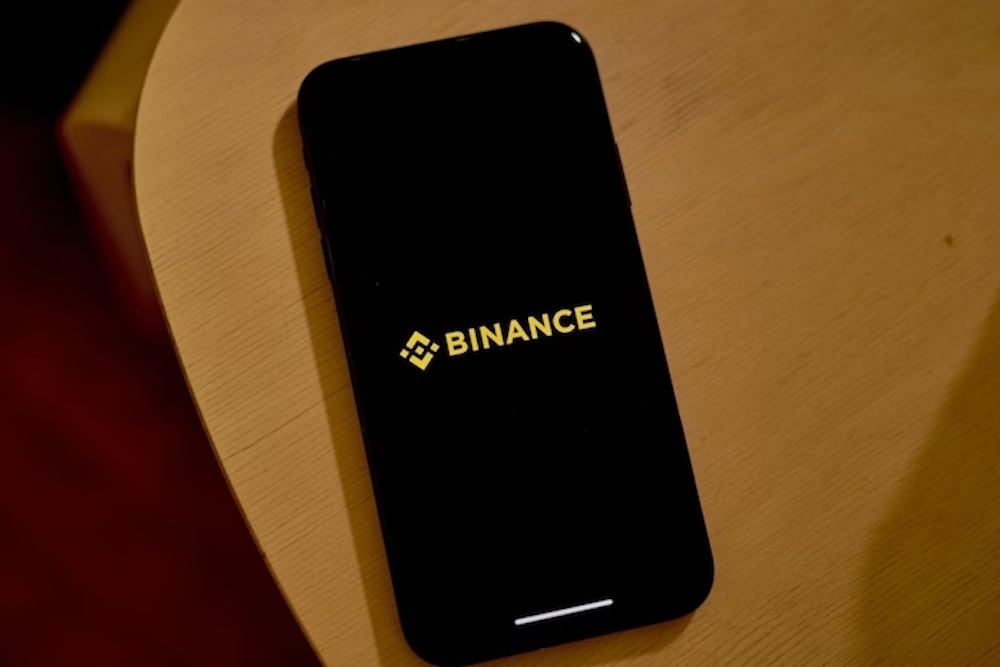Top Crypto News: Page 7

CZ Binance Refutes Presidential Pardon Reports
4 months ago

Abu Dhabi MGX Invests $2 Billion in Binance
4 months ago

Here’s All You Need to Know About The U.S. National Bitcoin Reserve
4 months ago

Metaplanet Buys the Dip, Stacks 162 BTC in Latest Purchase
4 months ago

IRS DeFi Broker Rule Repeal Advances to Next Voting Stage
4 months ago

Thai SEC Officially Approves USDT as Compliant Cryptocurrency
4 months ago

Trump Signs Executive Order Establishing US Bitcoin Reserve
4 months ago

Solana Labs Co-founder Says U.S. Crypto Reserve Could Kill Decentralization
4 months ago

Tether Freezes $27 Million USDT on Russian Exchange Garantex
4 months ago

US Authorities Release Seized Crypto Mining Equipment
4 months ago

El Salvador President Says its BTC Acquisition Isn’t Stopping Despite IMF Request
4 months ago

El Salvador Boosts Strategic Reserve, Acquires 5 More BTC
4 months ago

Metaplanet Spends $80M to Purchase More BTC
4 months ago

Bull Cycle is Not Over: CryptoQuant CEO Says as BTC Falls Below $80k
4 months ago

Metaplanet Raises $13.4M To Increase Its Bitcoin Holdings
4 months ago

SEC Ends Uniswap Probe, No Charges Filed
4 months ago

Crypto Liquidations Exceed $1.3B as Bitcoin Plunges to $89k
4 months ago

Strategy Acquires 20,356 BTC for $2 Billion in 55th BTC Shopping
4 months ago

Su Zhu-Backed Project OX.FUN Refutes Insolvency Following Sudden $1M Withdrawal
4 months ago

Bybit Receives Over $1.2B to Recover from Hack
4 months ago